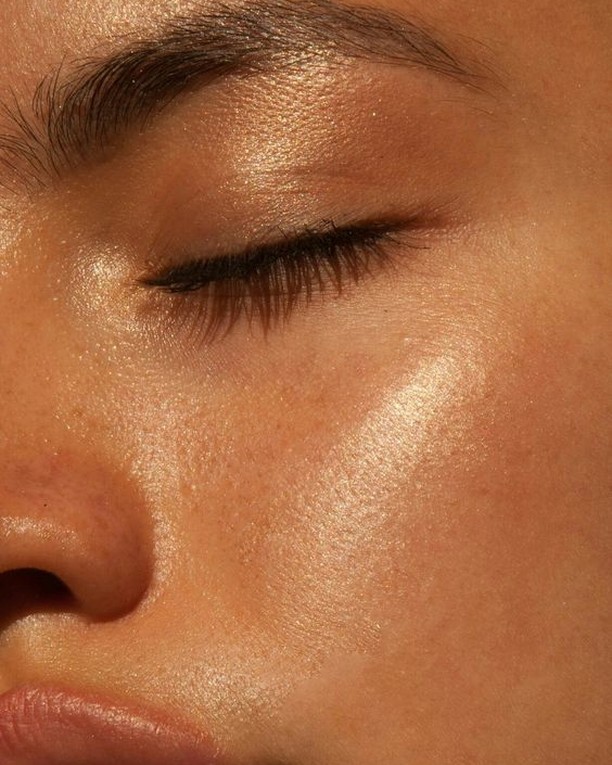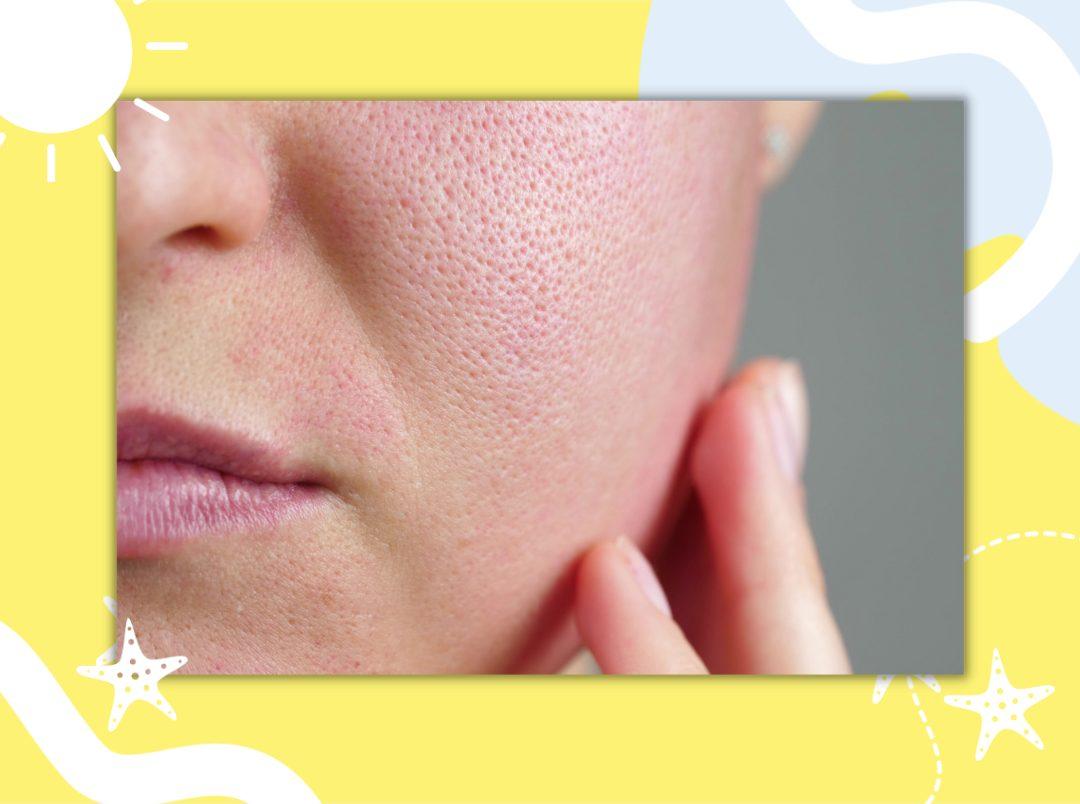Our obsession with products that appear to provide instant gratification – such as peels, acids, and retinoids, has recently given way to a more cautious and deliberate approach to treating our skin. Have we overdone it in our pursuit of clear, radiant skin (dare we say, unreasonably filter-like)? Overdoing it results in the skin being irritated and inflamed, and our skin barrier – damaged.
It looks like using excess products is not ideal as your skin feels rough, irritated, and may even have breakouts. More retinol to speed up cell turnover, more serums to address discolouration and rough areas, and more exfoliating acids to clear up clogged pores – until your skin has had enough. Let’s understand everything we didn’t think we needed to know about our skin barrier.
What Is The Purpose Of The Skin Barrier?

The epidermis, also known as the moisture barrier, is the top layer of your skin and is what most people mean when they talk about the skin barrier. Although it performs a variety of incredible tasks, its main duty is to shield the interior of your body from contaminants, pathogens, and other hazardous tangible things outside. It is also responsible for maintaining the moisture and hydration internally.
What Does A Damaged Skin Barrier Look Like And What Are The Symptoms?
Though it can manifest in various other ways, water loss is the main symptom of a compromised skin barrier. The good thing is that it’s rather obvious! It frequently appears dry and flaky, might itch or hurt, and feels rough to touch.
It may also be a sign that your skin barrier is damaged if you easily get breakouts and red, irritated skin. Additionally, it’s a pretty clear indication that your skin is vulnerable if you experience burning and stinging even when using inactive creams.
Here Are The Top Causes Of Damaged Skin Barrier
Skin barrier degradation is a problem that many adults experience today. Skin diseases including eczema, psoriasis, and rosacea can cause it, as can the use of harsh chemicals that deplete the skin of its natural oils.
- Not applying sunscreen or not reapplying it at regular intervals
- Overusing a cleanser or exfoliant
- Applying too much pressure while scrubbing
- Keeping chemical peels on for longer than recommended
- Skin allergens that cause irritation like alcohol-infused perfumes, dyes, etc.
- Using products post their shelf-life
- Applying products with high pH values or low ones.
- Mixing strong active ingredients (eg. retinoids+AHA), applying them every day, or using higher concentrations
- Not using the right moisturiser for your skin type or not using a moisturiser at all
- Using extremely hot water that disrupts the moisture barrier
- Environmental stressors: Exposure to pollutants, sun rays, and extremely dry weather conditions
How Do I Protect My Skin Barrier From Damaging?

The first thing to do if you have a damaged skin barrier is to not blame yourself. Even the most diligent among us occasionally commit errors with detrimental effects. You might be tempted to completely alter your skin care regimen immediately, but hold your horses – here are some alternatives.
Step 1: Ask Yourself – What Needs To Be Changed?
What caused the harm is the first thing you need to determine. It can be worthwhile to initially see a dermatologist if you are unsure if the damage is severe. A good dermat will actually advise you on the best skin care techniques and assist in repairing your skin barrier more effectively than OTC products. Once you identify the mistake, you can take action and also prevent similar mistakes from happening again.
Step 2: Get Down To Basics
When it comes to skincare, less is always more. And there is no greater chance to put this concept into effect than a compromised skin barrier. For a while, avoid any active ingredients and let your skin heal. Even better, wait till your skin has completely healed before exfoliating as this can aggravate it even more.
Simply use a light cleanser to remove impurities from your skin, moisturise to replace lost lipids and hydration, and use a broad-spectrum mineral sunscreen to protect it from the sun.
Step 3: Let Your Skin Heal
When the skin barrier is compromised, it is time to start including some calming ingredients in your routine to show your skin some TLC. Here, skin barrier creams can be of use.
However, there are numerous organic ingredients with exceptional anti-inflammatory capabilities (aloe vera, oats, plant oils, humectants). They help your skin get back to its previous healthy state by reducing the redness and pain.
Now is the time to give your skin the love and care it needs.
Featured Image: Instagram





.png)



